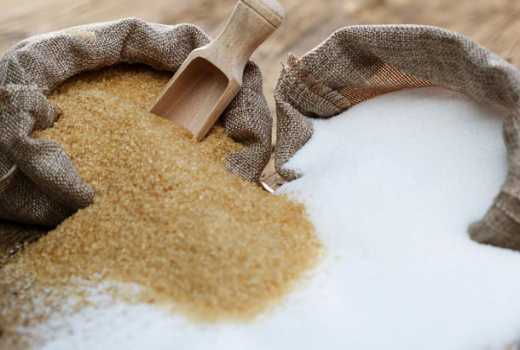×
The Standard e-Paper
Fearless, Trusted News

The hand of sugar cartels in the taxman’s pockets shows how brazen the most notorious racket has become that they could rip out invoices to cheat the Kenya Revenue Authority of millions.
The Auditor General's report shows that sugar which docked in the Kisumu port was more than what was declared at the station offices.